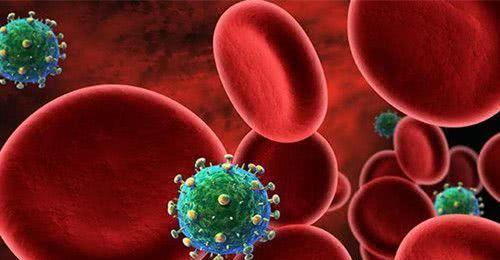Researchers at Monash University have designed a new antibody that can inhibit a specific protein in the blood to prevent thrombosis without potential side effects. This antibody can prevent pathological thrombosis, which can cause heart attacks and strokes without affecting normal blood clotting function.
Heart attacks and strokes remain the leading causes of mortality and morbidity worldwide. Current antithrombotic (anticoagulant) therapies can and do cause serious bleeding complications because they also interfere with normal blood clotting. Four-fifths of patients receiving antiplatelet therapy still have cardiovascular events recurring.
Therefore, the existing antiplatelet drugs cannot be used in large doses. Therefore, the clinical efficacy is still disappointing, and future treatments need to be fundamentally redesigned.
The research method is to first determine the biological difference between normal coagulation and pathological coagulation, and find that von Willebrand factor (VWF) changes its properties when dangerous thrombus is formed. The study designed an antibody that only detects and blocks this pathological form of VWF, because it only works when the blood clot becomes pathological.
The study analyzed the characteristics of existing anti-VWF antibodies and determined the best characteristics of each antibody to bind and block VWF under pathological coagulation conditions. In the absence of any adverse reactions, these potential antibodies are first combined into a new blood structure to prevent these potential complications.
Clinicians are currently faced with a delicate balance between drug efficacy and bleeding side effects. The engineered antibody is specially designed and will not interfere with normal blood coagulation, so it is hoped that it can use a higher and more effective dose than existing therapies.
This in vitro study was conducted with human blood samples. The next step is to test the efficiency of the antibody in a small animal model to understand how it works in a complex living system similar to our own.
Reference: Thomas Hoefer et al. Targeting shear gradient activated von Willebrand factor by the novel single-chain antibody A1 reduces occlusive thrombus formation in vitro, Haematologica (2020).



 Business card
Business card Chinese WeChat
Chinese WeChat English WeChat
English WeChat